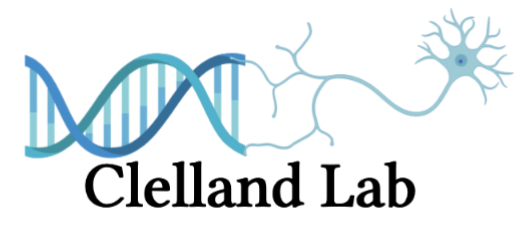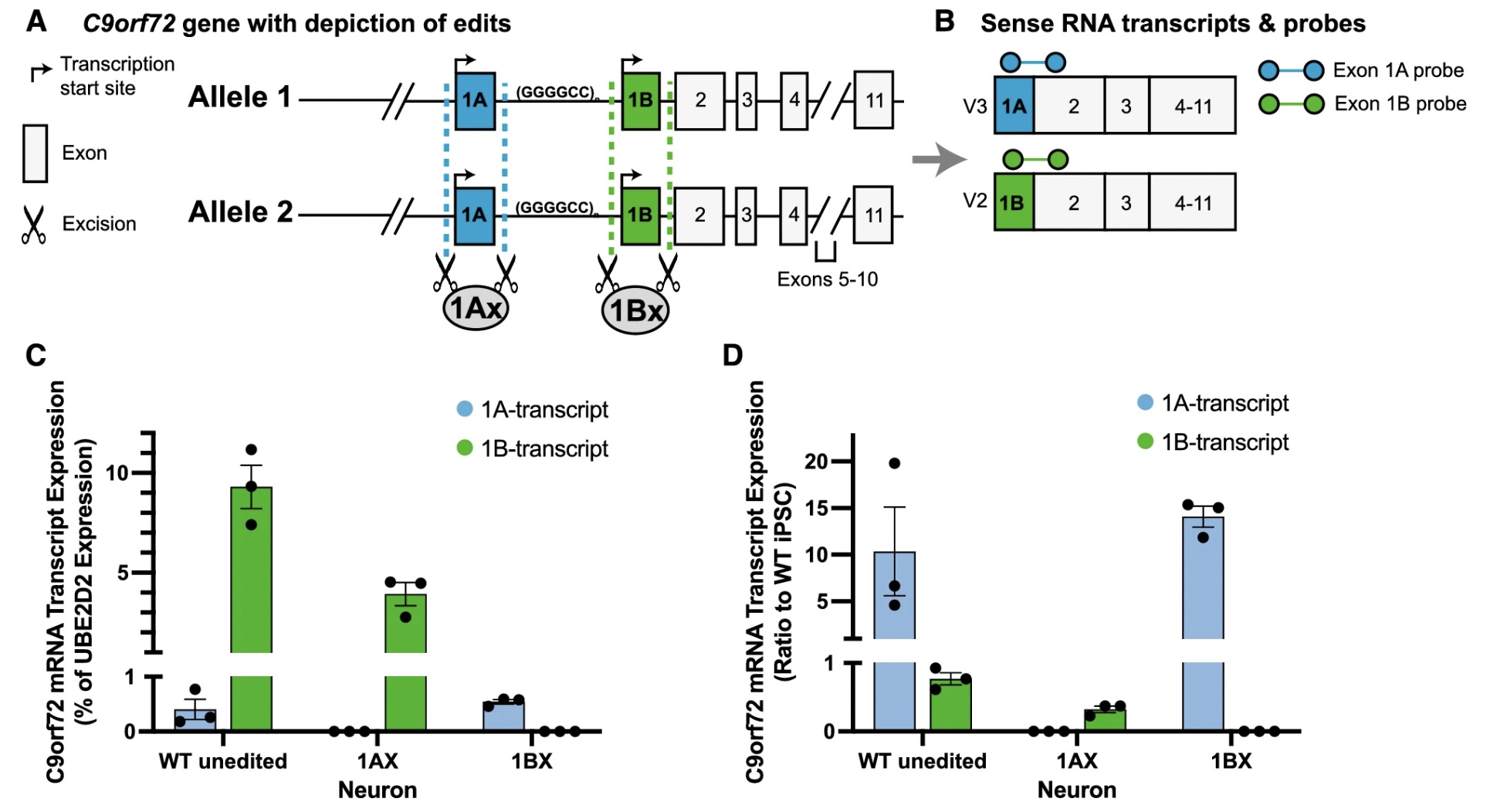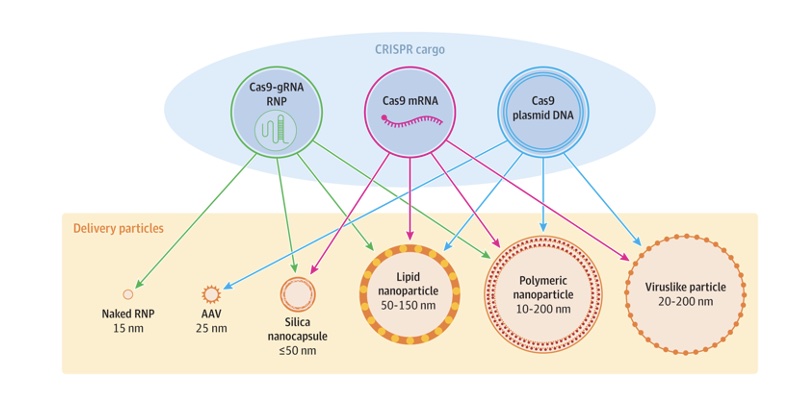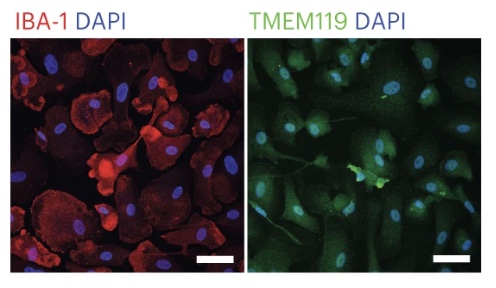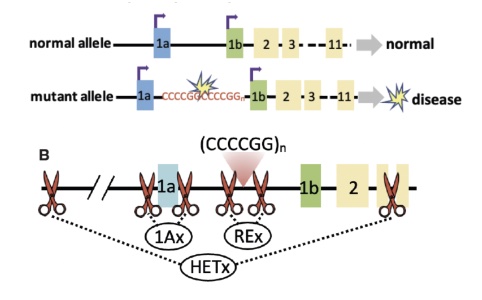Current projects in our lab center on the following 4 areas:
-
iPSC modeling of neurodegenerative diseases and biomarker development: We used human iPSC from patients and healthy controls and differentiate them into neurons, microglia and other cell types relevant to CNS disease. We aim to build better models of human disease (including Alzheimer’s disease (AD), frontotemporal dementia (FTD), Parkinson's disease (PD) and amyotrophic lateral sclerosis (ALS)) that replicate the pathobiology of human patients and better predict patient response to the therapies we are developing. We build biomarker assays in human cells and tissues that will facilitate future clinical trials.
-
CRISPR gene editing of mutations that cause neurodegenerative diseases. Our group is currently focused on correcting single gene mutations that cause AD, FTD, ALS and PD using novel CRISPR approaches. We are building the tools necessary to advance these discoveries to clinical trials.
- Delivery of CRISPR technology to human CNS cell types: One of the major barriers to utilizing CRISPR as a therapy for neurologic disease is delivery of CRISPR technology to targeted cells and tissues. This challenge is amplified by biological sequestration of the CNS (such as through the blood brain barrier) – the brain actively defends against bacterial invaders! Combining clinical expertise and basic biology, we have developed screening platforms to test CRISPR delivery technologies in relevant human cell types, animal models and human tissue
- Bioinformatic tools to faciliate gene therapy and future clinical trials.
